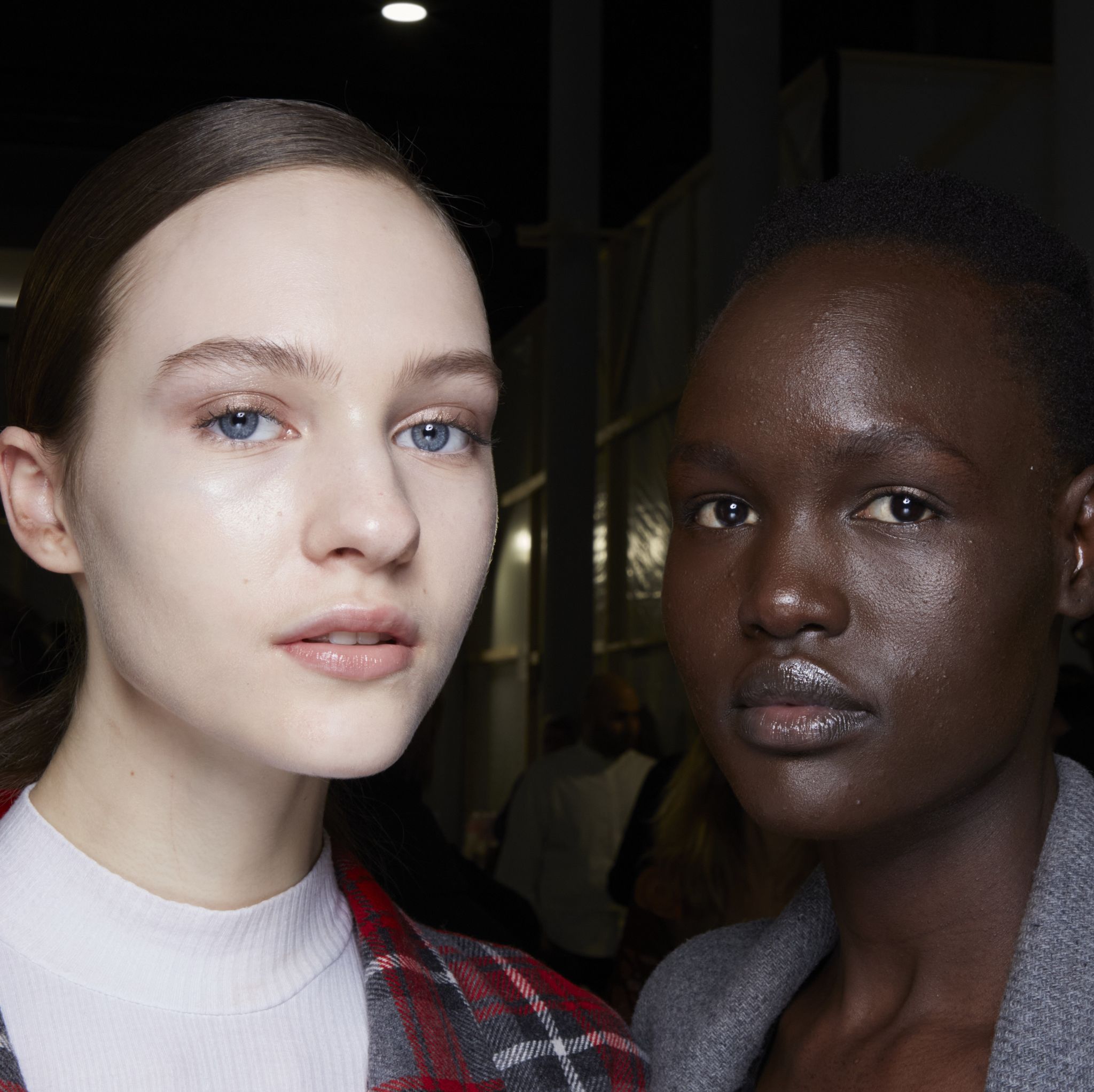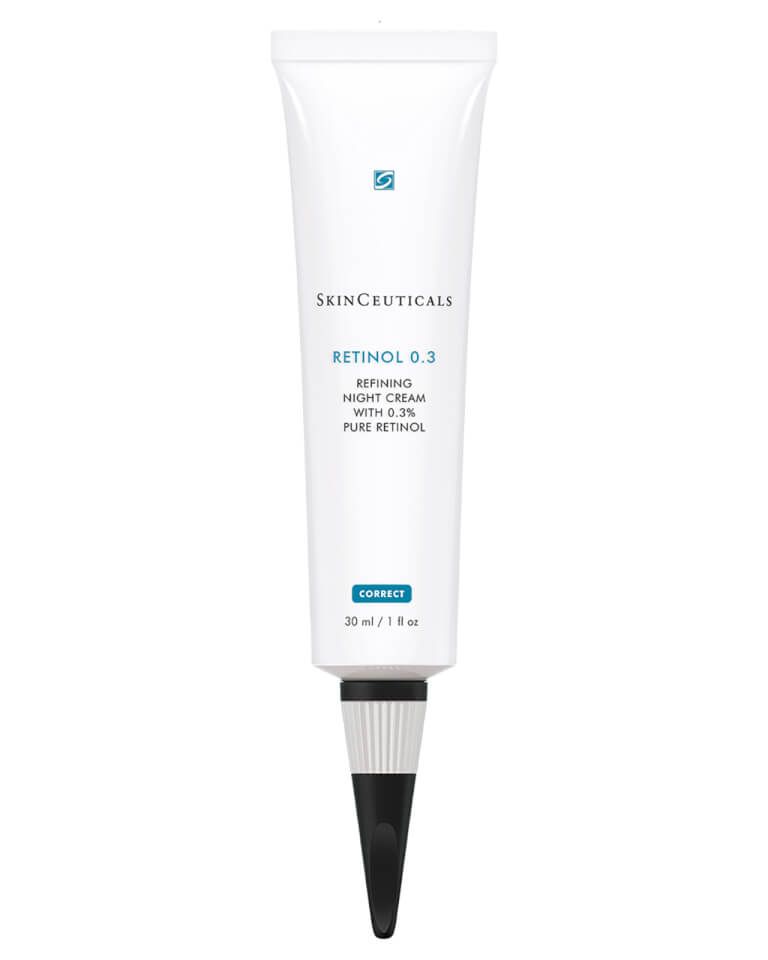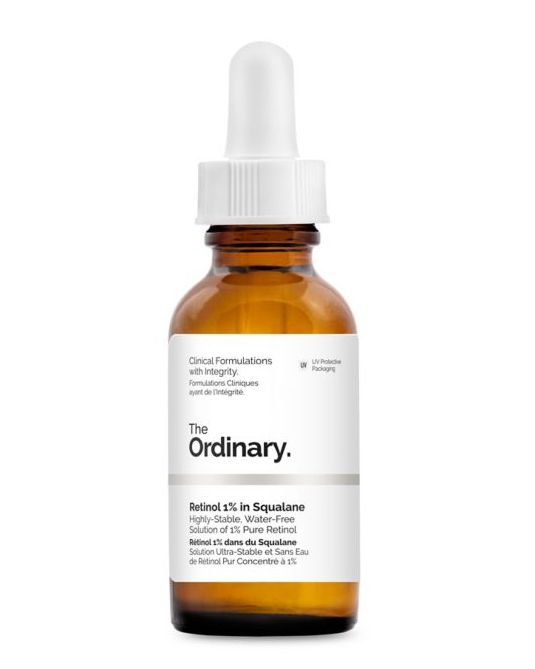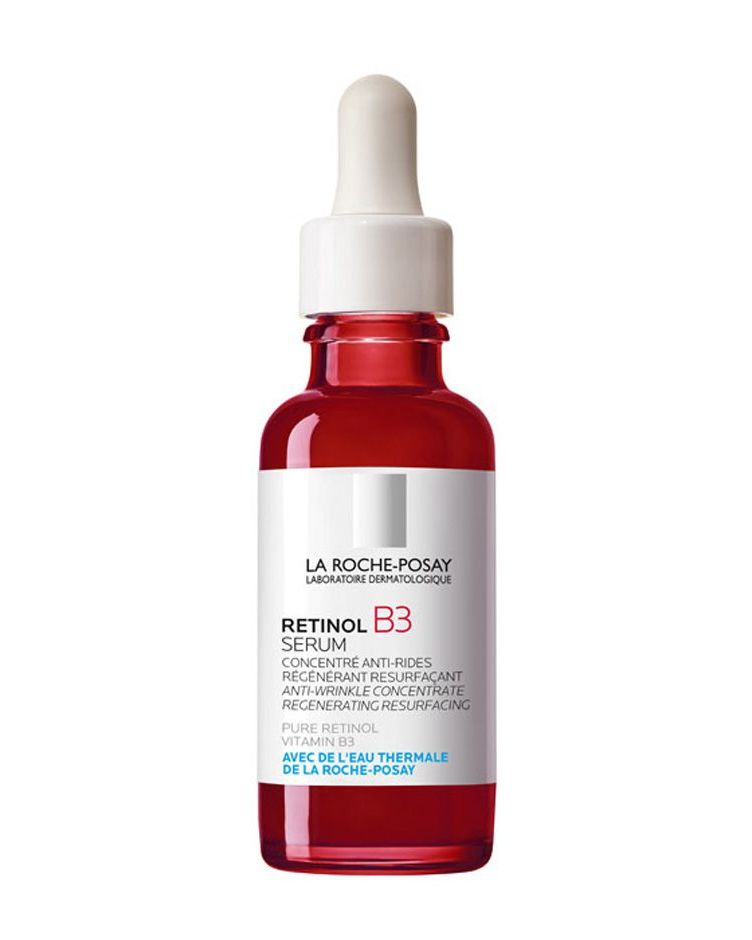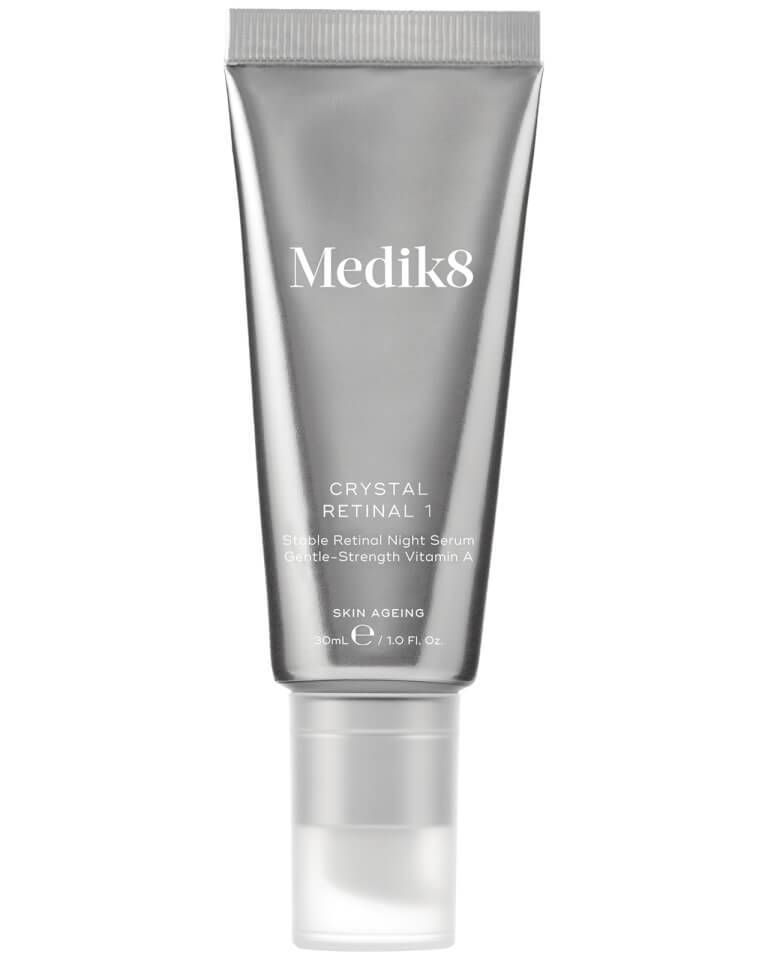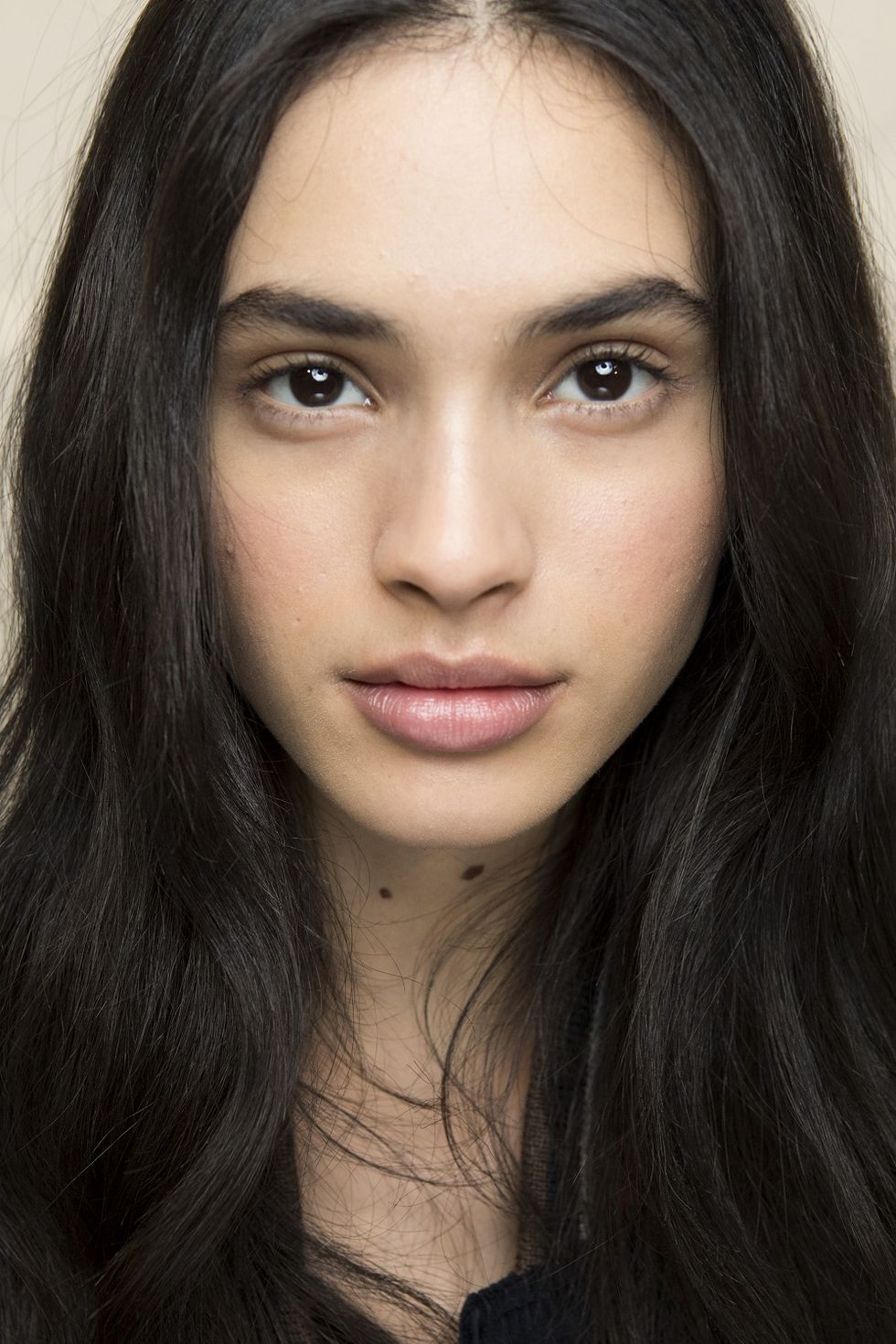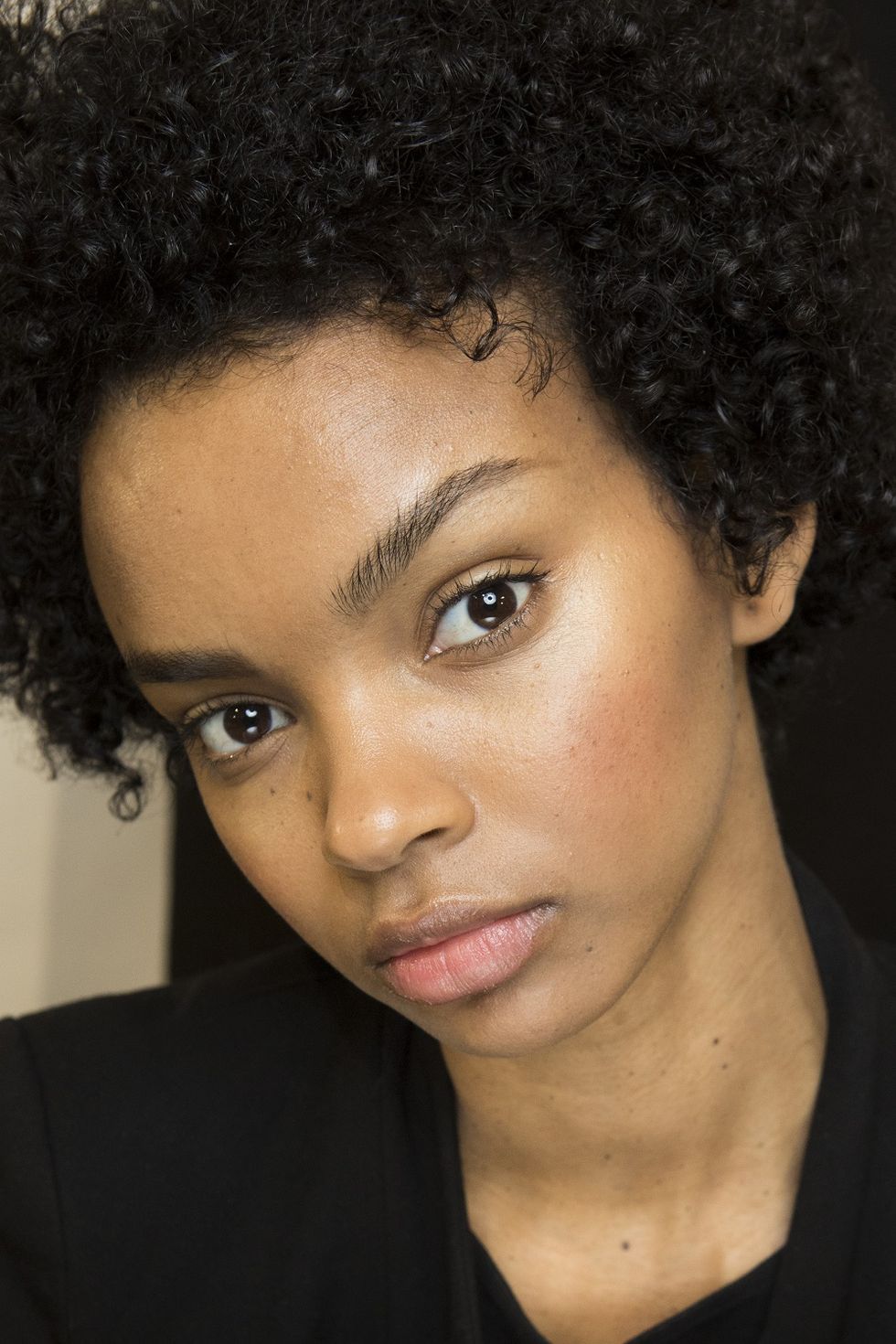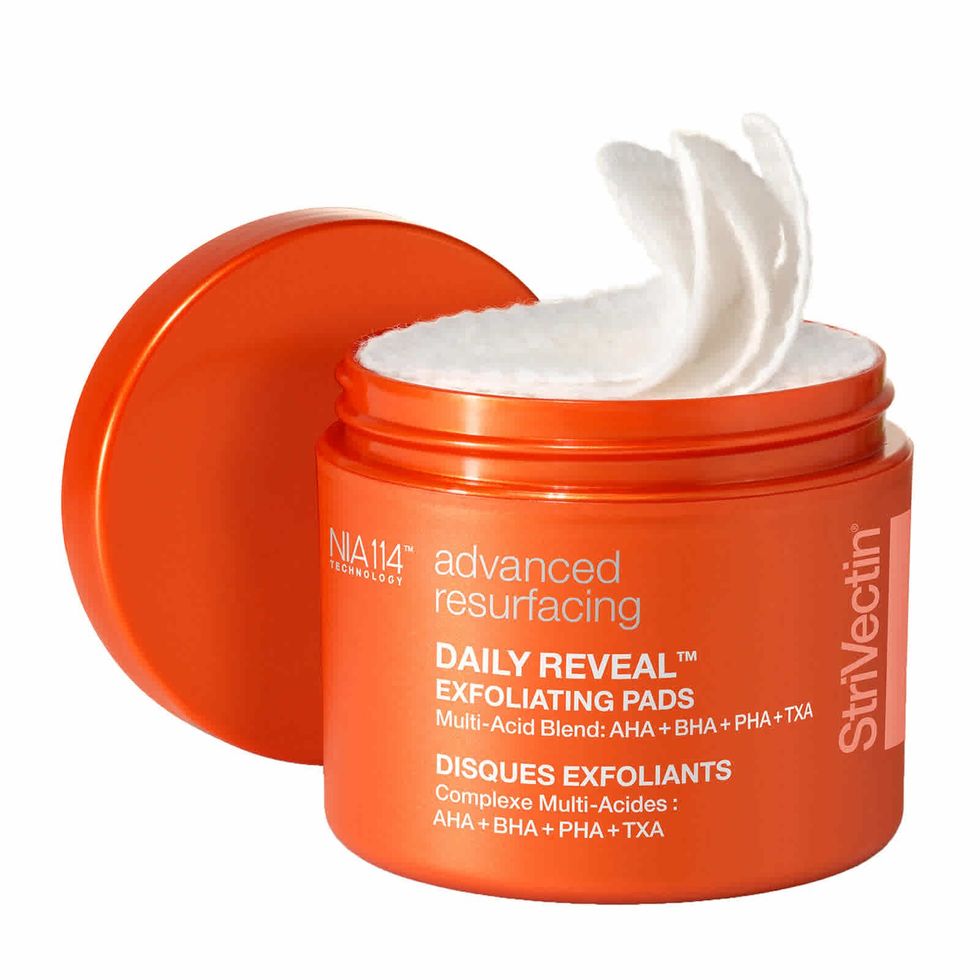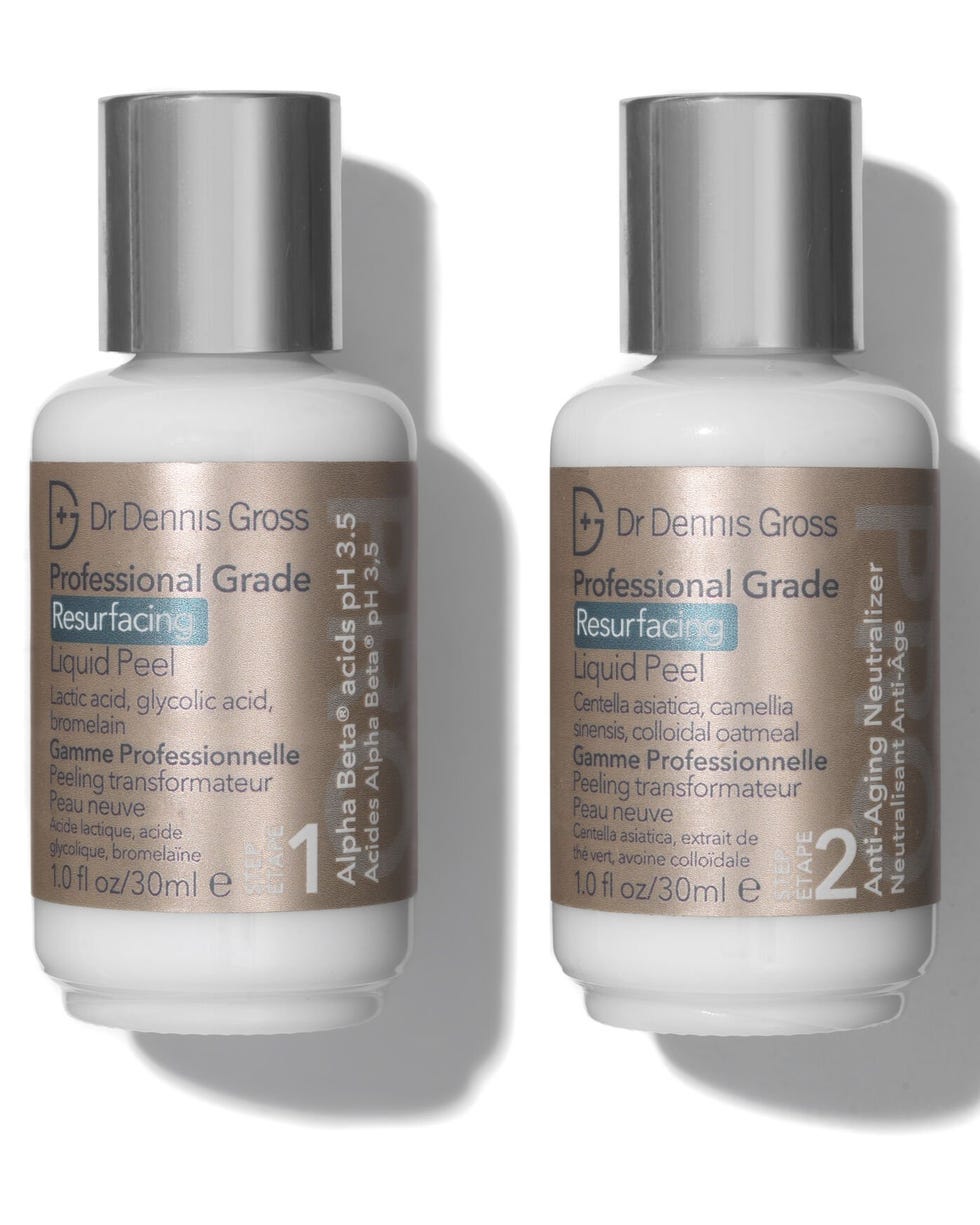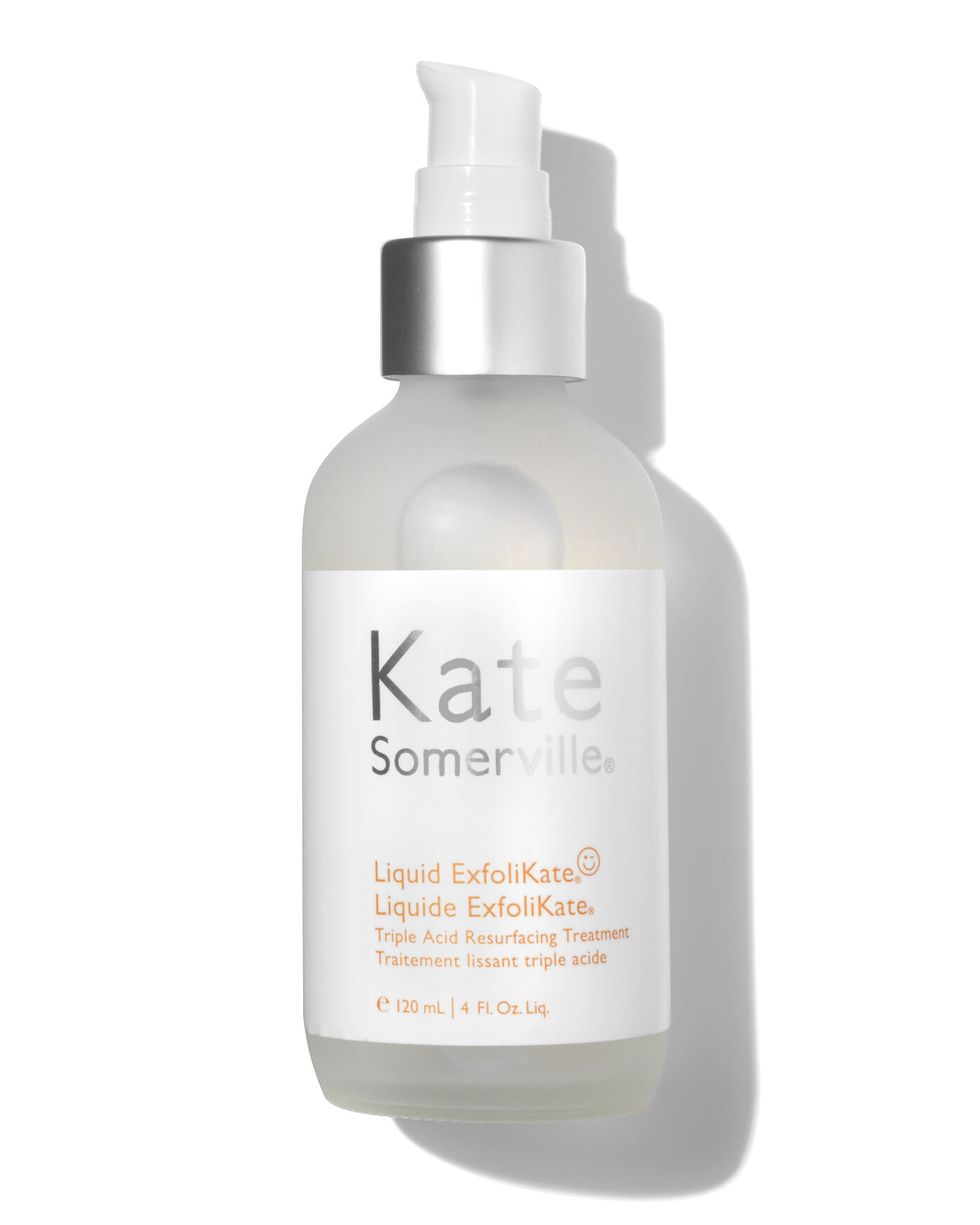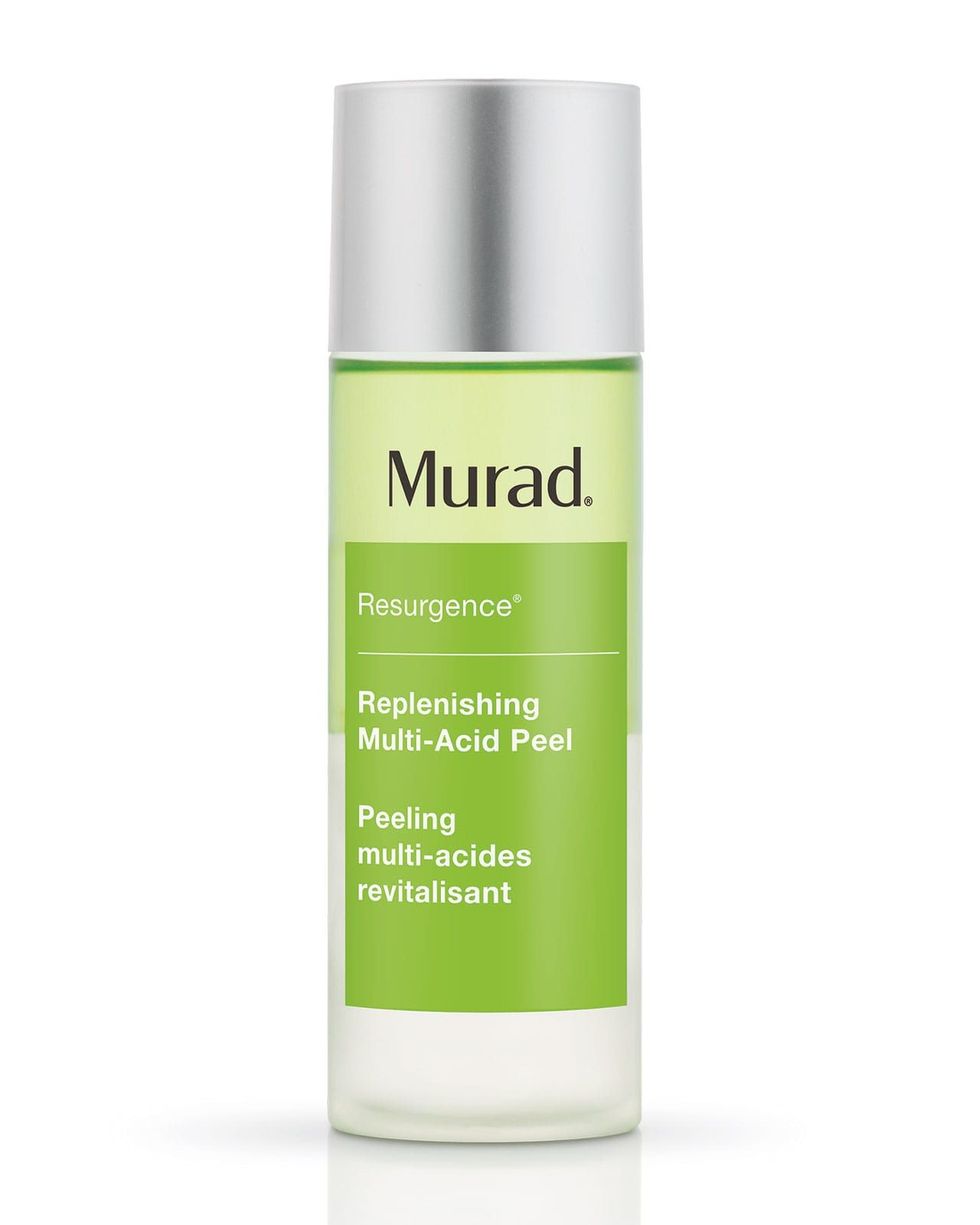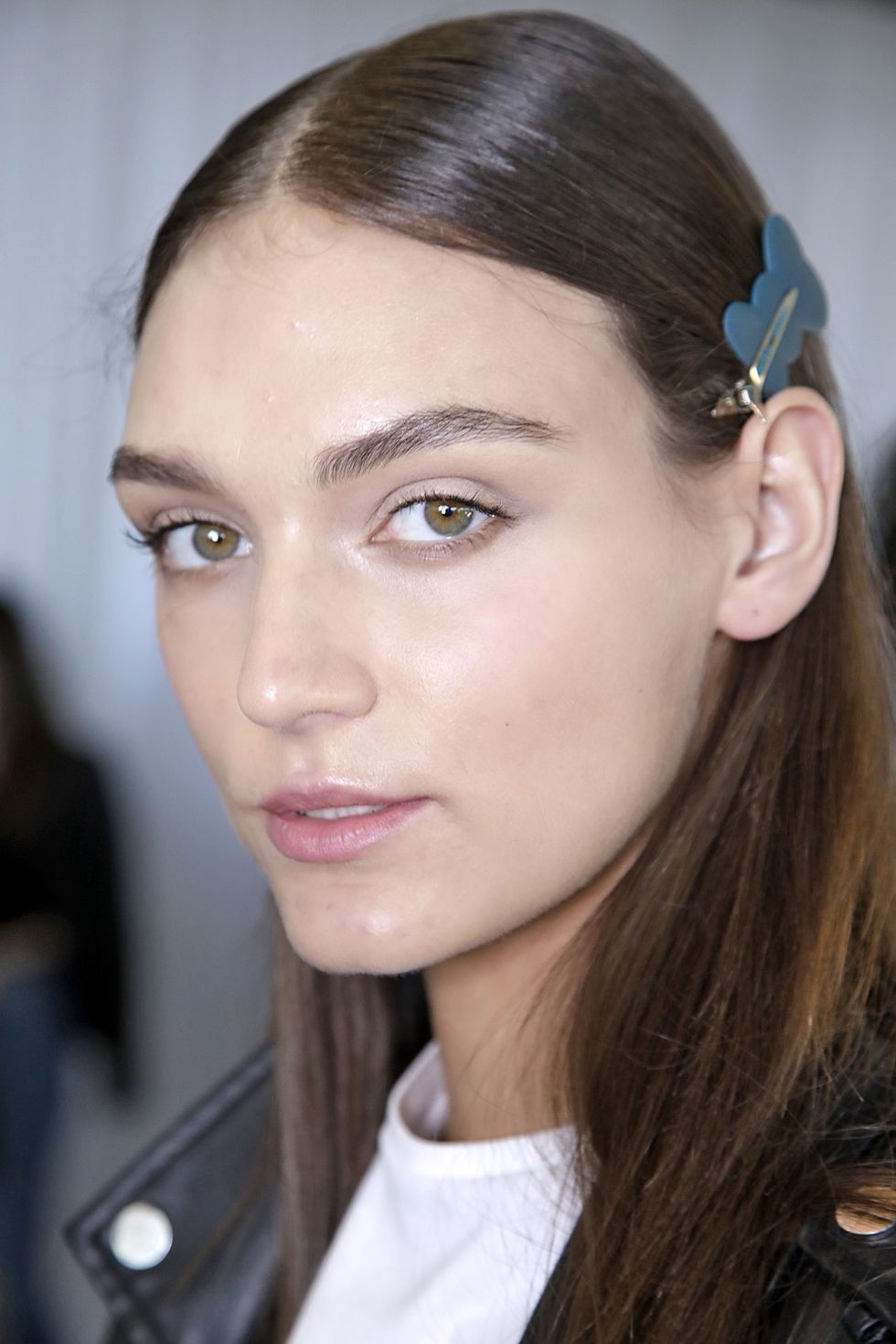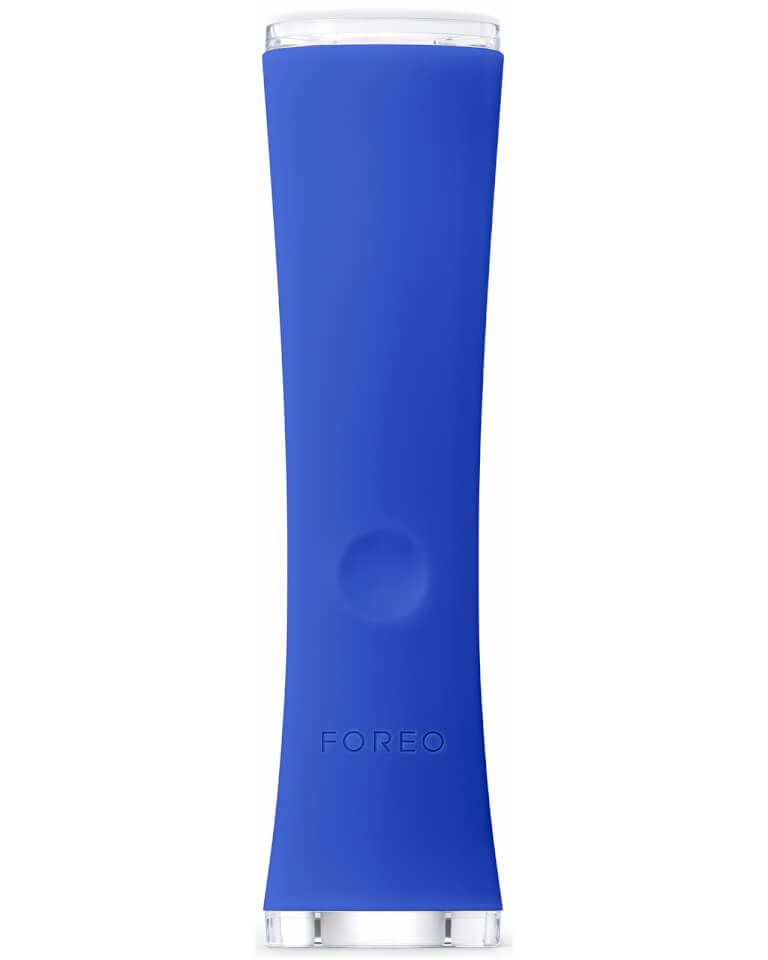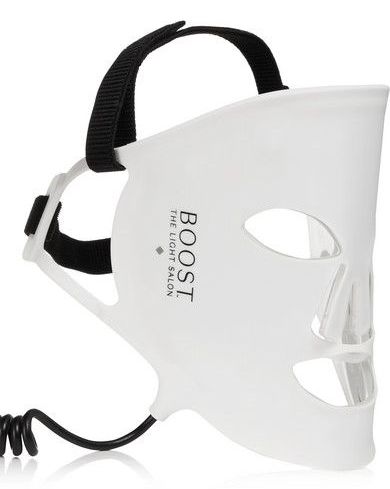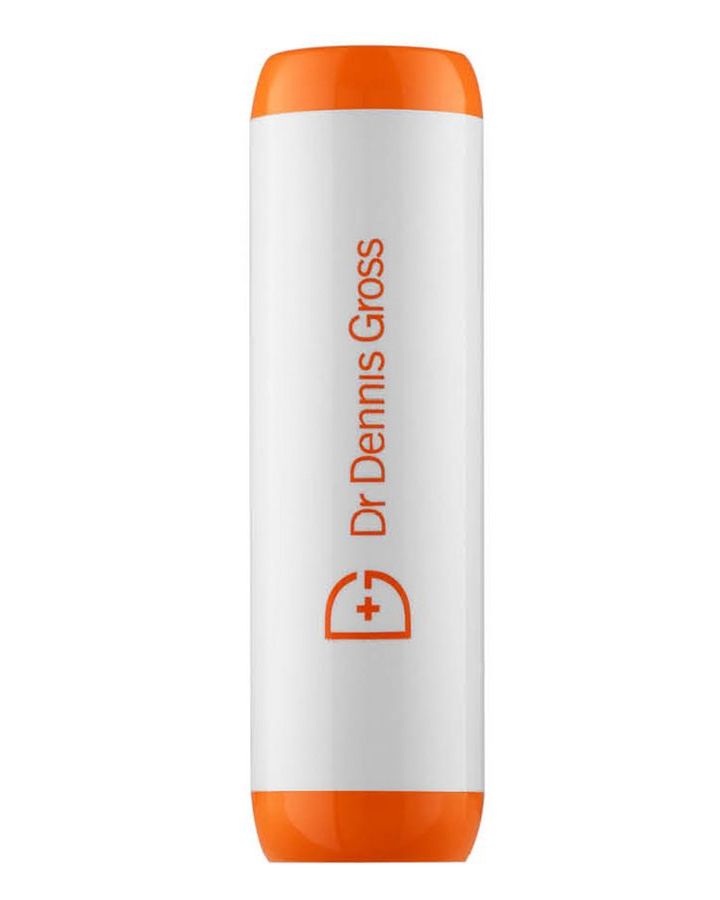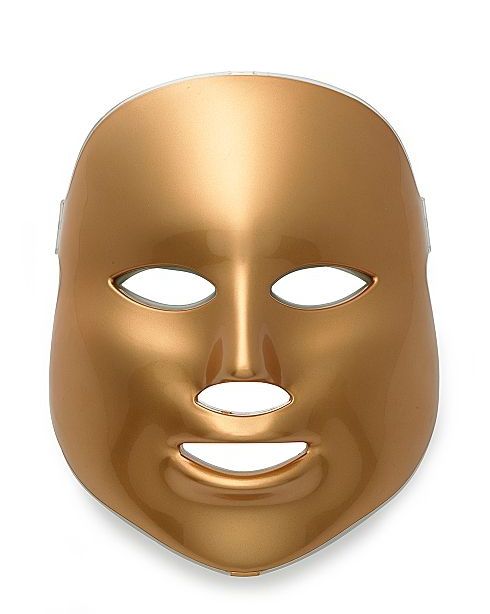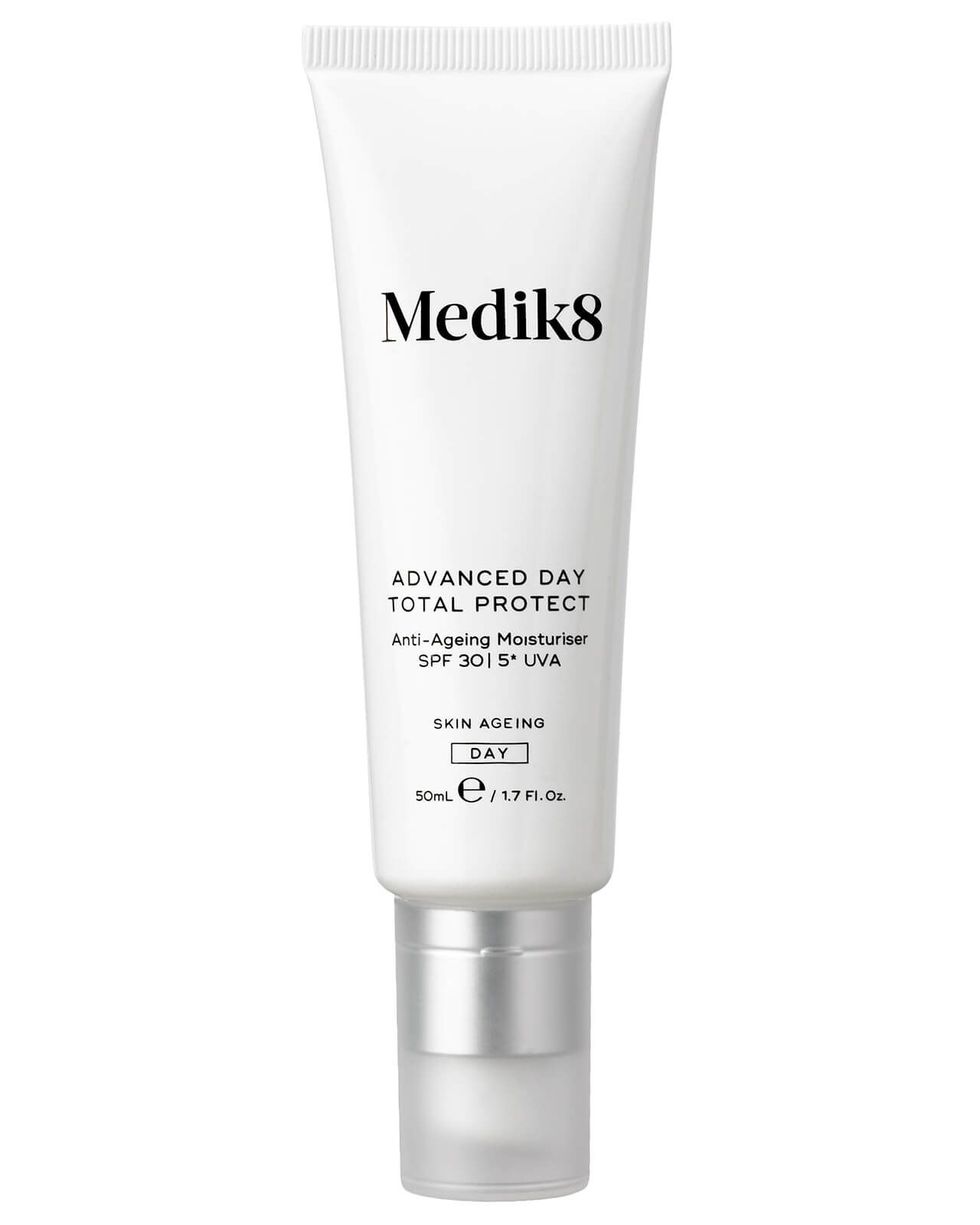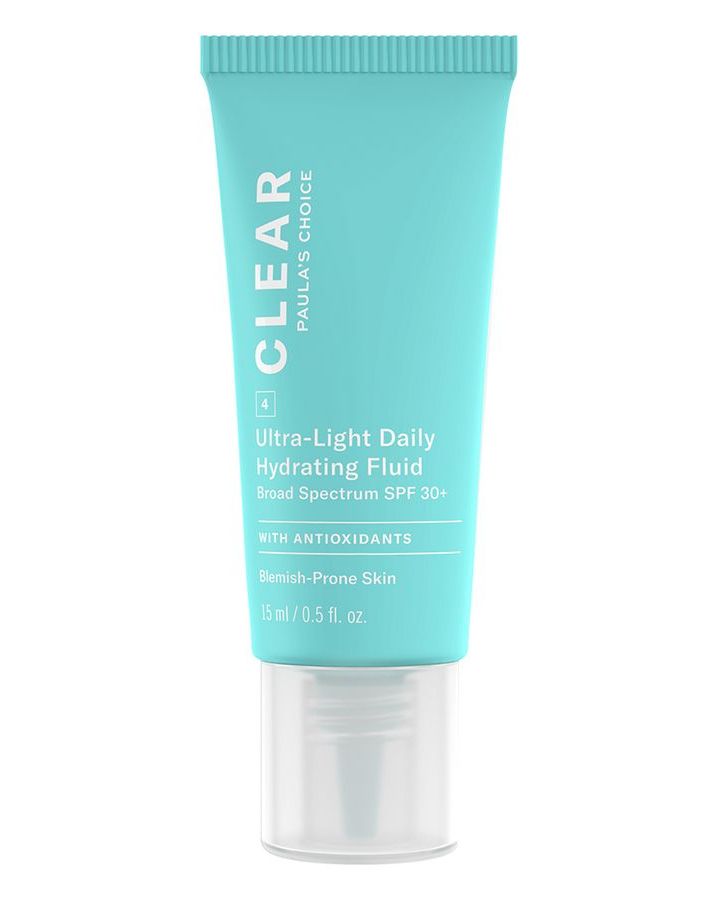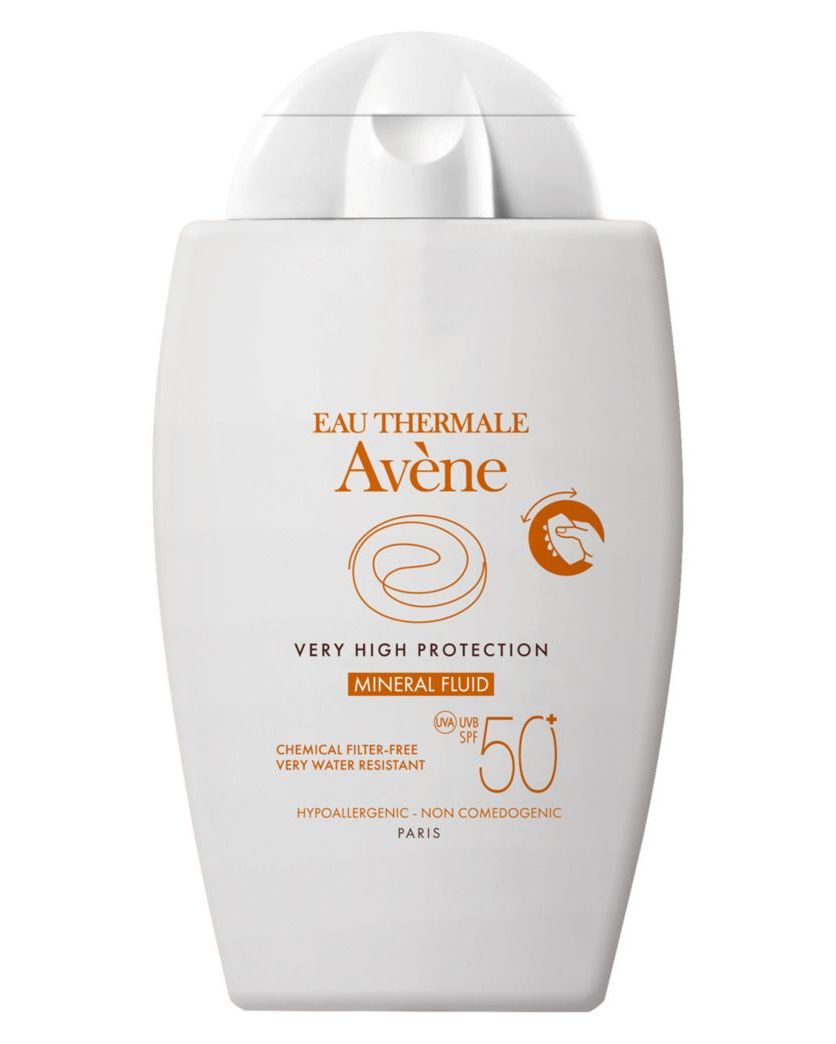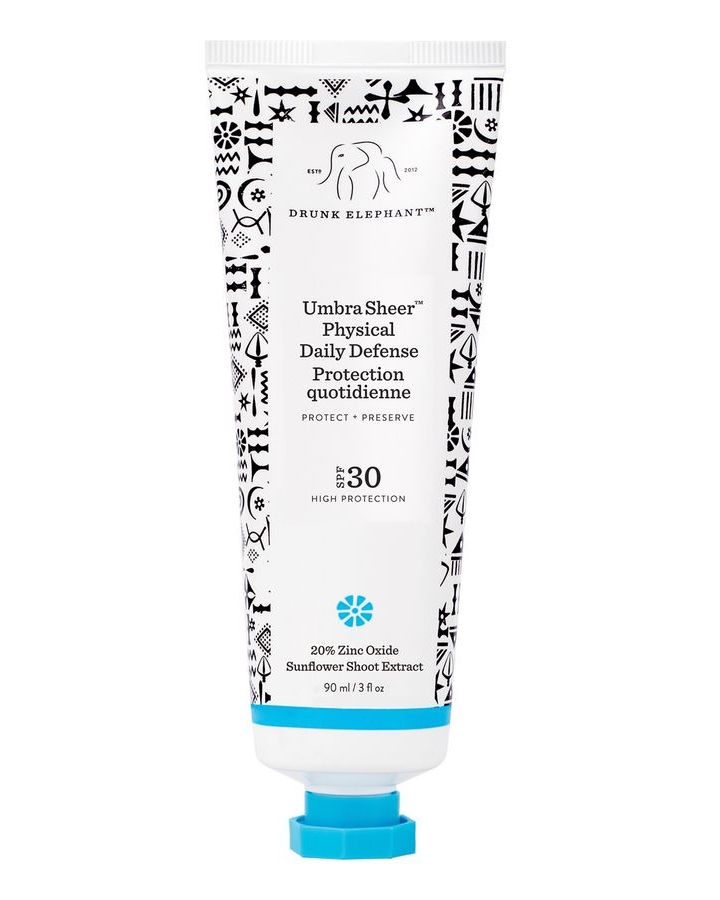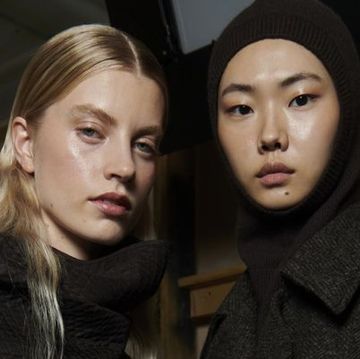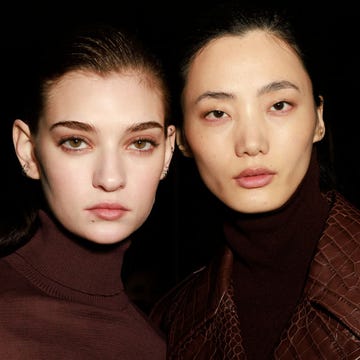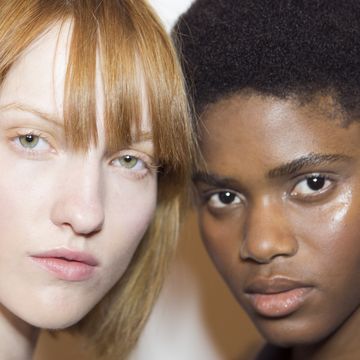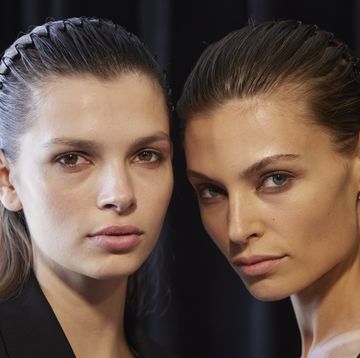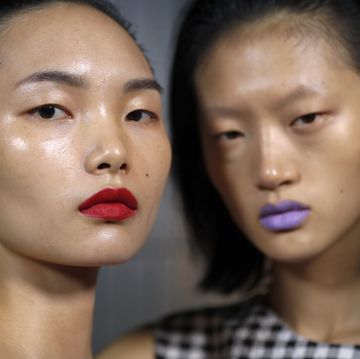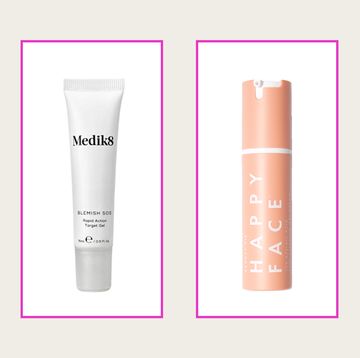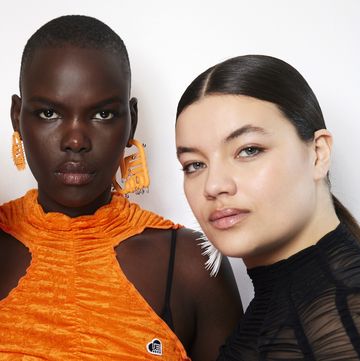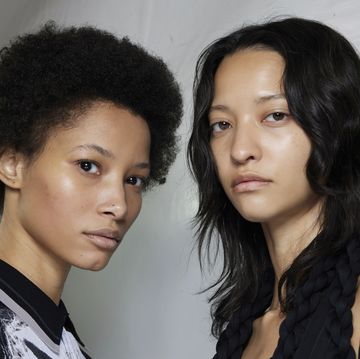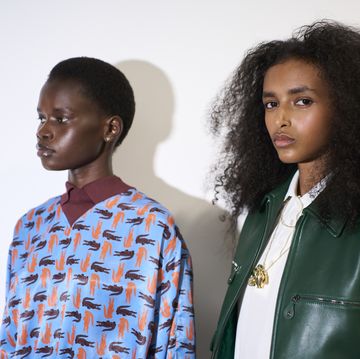If you've stumbled across this page, you've probably tried a frustrating amount of acne treatments already – skin-drying gels, ditching dairy, drinking your body weight in water...
Of perhaps you're a newcomer to the breakout club, wondering how to tackle those pesky pimples that have popped up since you starting wearing a mask 24/7.
Whether you're dealing with a rash of whiteheads or the cystic, under-the-skin kind, spots can be debilitating to live with. But you don't have to learn to love them, because there are an array of professional, dermatologist-approved treatments you might not have even thought about trying.
To sort what really works from what doesn't (yes, there's a lot of dodgy acne advice out there), we asked some of the best experts in the business to lay out the pros and cons of each line of attack. Spotless skin? Yes please.
The Acne Treatment: Retinoids
What Are They?
'Topical retinoids (creams or serums) are derived from vitamin A and work by unclogging pores,' explains London-based consultant dermatologist, Dr. Justine Kluk. 'They are the treatment of choice for blackheads and closed comedones: the small, stubborn skin-coloured bumps that often appear on the forehead and sides of the cheeks or jawline.'
The Pros:
Put simply, retinoids prompt skin cells to regenerate at a faster speed.
'They stimulate collagen production and exfoliate the top layers of skin cells,' says consultant dermatologist Dr. Anjali Mahto. 'This all helps to reduce the formation of blackheads or whiteheads and other acne lesions.'
The Cons:
'Side effects of using retinoids can include redness, dryness, itching and stinging,' says Dr. Kluk, 'But, a good dermatologist will give you tips on how to introduce them into your skincare routine, and which skincare products to combine them with to improve tolerability.'
Remember...
Incorporating retinoids into your skincare routine may result in increased sensitivity to sunlight, so always wear an SPF during the day. (You do that anyway, right?) Dermatologists specialising in acne recommend Heliocare' 360 Gel Oil-Free SPF 50, £29.99, as it doesn't clog pores.
The Acne Treatment: Isotretinoin (aka Roaccutane)
What Is It?
'Isotretinoin is an oral vitamin A derivative, usually reserved for severe, persistent acne or acne that is leaving marks or scars on the skin,' says Dr. Mahto.
The Pros:
According to the derms, a prescribed course of isotretinoin is one of the most effective acne treatments out there. 'It suppresses sebaceous gland activity (excess oil production), helps us to shed our dead skin cells more effectively to prevent blocked pores and also reduces inflammation and the growth of P. acnes, the bacteria implicated in acne development,' says Dr. Kluk.
The Cons:
Isotretinoin is an extremely effective treatment, but there are several things you should consider first, many of which Dr. Kluk highlights below.
'There is a potential risk of birth defects, so women must take careful steps to prevent pregnancy during treatment,' she explains. 'Severely dry, cracked lips are common, blood tests must be done to monitor cholesterol and liver function, alcohol intake should be restricted and prolonged sun exposure must be avoided as there is a higher risk of getting a sunburn. Close supervision by a dermatologist experienced in prescribing the drug is mandatory.'
The Acne Treatment: Spironolactone
What Is It?
'Spironolactone is an oral medication that was initially developed for blood pressure and heart failure,' says Dr. Mahto, 'but also seems to work in female adult acne by acting on hormones in the skin.'
The Pros:
Those with PCOS (Polycystic Ovarian Syndrome) are likely to find that Spironolactone helps reduce acne significantly because it has anti-androgen effects to block male hormone testosterone and excessive oil production, which can both cause spots.
At higher doses, it may also prevent excessive facial and body hair growth and hair loss on the head.
The Cons:
According to Dr. Kluk, the female-only oral medication may need to be taken alongside the contraceptive pill as it can disrupt your menstrual cycle.
'It also cannot be taken if you are planning a pregnancy due to potential effects on the developing baby,' she says. 'As well as this, Spironolactone is diuretic, so needing to pee more frequently is also possible. It helps control spots in a third of people, reduces them in another third and has no effect on the final third.'
Some doctors are reluctant to prescribe Spironolactone, as treating acne is an 'off-label' use for the pill, so Dr. Kluk suggests visiting a consultant dermatologist, who will asses you and decide on case by case basis.
The Acne Treatment: Chemical Peels
What Are They?
'Chemical peels will improve mild to moderate acne,' explains Dr. Mahto. 'They involve application of a chemical peeling agent, which include AHAs (like glycolic acid – an acid that reduces spots and inflammation) and BHA (salicylic acid – an anti-inflammatory that helps break down the outer layer of skin, to exfoliate).'
The Pros:
Peels can not only be used to treat active acne but hyperpigmentation (basically discolouration left behind by spots) and superficial acne scars. Peels that harness glycolic acid can improve both acne and pigmentary changes in darker skin types.
The Cons:
Because chemical peels lift off the top layer of skin cells to reveal fresher, brighter ones underneath, your skin is likely to be even more sensitive to UV than usual. The solution? Always remember to wear an SPF.
The Acne Treatment: Benzoyl Peroxide
What Is It?
If you've been to the GP for an acne solution, you might have been prescribed a topical benzoyl peroxide treatment like Acnecide or Duac. It should be applied directly onto spots, and according to Dr. Kluk, it simply works by killing the bacteria on the skin that causes acne.
The Pros:
By neutralising acne-causing bacteria, flare-ups are reduced. It also dries out large spots relatively quickly.
The Cons:
If you've used benzoyl peroxide before, you'll probably know that it has a slight chemical smell, but the main downside is that it can sometimes cause skin irritation.
'You only need to apply a small amount to affected areas, as redness and peeling are likely,' advises Dr. Kluk. 'It can also bleach your towels, clothing and bed-sheets so be careful when and how you apply it and consider wearing an old T-shirt to bed if you are applying it to your back or chest,' she adds.
The Acne Treatment: Steroid Injections
What Are They?
'For single, stubborn, inflammatory acne lesions such as cysts, a dermatologist may occasionally use a small steroid injection directly into the spot,' explains Dr Mahto.
The Pros:
Steroid injections are super-useful if you want to bring down a spot quickly, such as before a big occasion, because they reduce swelling and dry them out. According to Dr. Mahto, the cyst usually flattens within 48 hours.
The Cons:
They are safe, but in some cases, they can leave behind an indentation in the skin where the cyst once was and may cause skin thinning and pigmentation change. A reputable dermatologist should explain the potential side effects in detail to make sure that you're 100% happy to go ahead.
The Acne Treatment: Light And Lasers
What Are They?
'Pulse dye laser and light sources e.g. IPL and photodynamic therapy with red light, are available with prices starting from £300 upwards on average,' explains Dr. Mahto. 'Multiple courses are often required at repeated intervals.'
So, how do they work?
According to experts, they are said to be attracted to the post-inflammatory redness and can shrink the outbreak.
The Pros:
In the past, celebrities like Kendall Jenner have put their clear skin down to light and laser treatments and (limited) statistics have shown them to improve acne in certain individuals. However...
The Cons:
'Unfortunately the data on their effectiveness is yet to be established as large, randomised scientific controlled trials comparing treatments is lacking,' says Dr. Mahto, something Dr. Kluk expands on.
'Light and laser treatments are not recommended routinely as there is much less evidence of their benefits compared to prescription therapy when used for the wider population,' she says.
The Acne Treatment: Topical Antibiotics
What Are They?
'Topical antibiotics, such as erythromycin and clindamycin, are effective acne treatments,' says Dr. Kluk.
The Cons:
Not entirely a con, but something to remember – Dr. Kluk suggests not using topical antibiotics on their own, due to the risk of developing bacterial resistance. Instead, they work better when combined with benzoyl peroxide to reduce this risk and to improve results as they tackle bacteria in different ways.
Like this article? Sign up to our newsletter to get more articles like this delivered straight to your inbox.
In need of more inspiration, thoughtful journalism and at-home beauty tips? Subscribe to ELLE's print magazine today! SUBSCRIBE HERE
